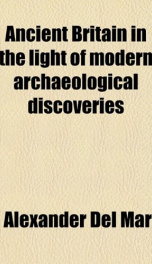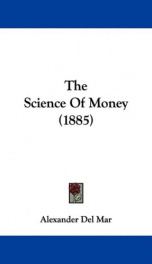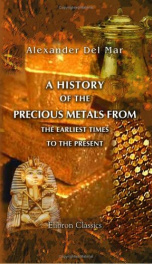ancient britain in the light of modern archaeological discoveries

Purchase of this book includes free trial access to www.million-books.com where you can read more than a million books for free. This is an OCR edition with typos. Excerpt from book: ANCIENT BRITAIN IN THE LIGHT OF RECENT DISCOVERIES IN ARCIIAEOLGY, NUMISMATICS, ETC. CHAPTER I. ANCIENT BRITAIN. The name of BritainThe VenetiThe PhoeniciansThe GreeksGreek types of Coins found in BritainVoyage of PytheasLanding of the NorsemenTorfaeus Archaeological remainsReligionSvasticaCustomsRunic inscriptionsName of the Sun-GodTribal namesPlace namesName of LondonVenetVenicontes Venetian glassVirgil proves, and Bedc admits, that the Picts came from Scythia Norsemen not GermansThe latter theory advanced by the Romans as a claim of dominionOpinions of antiquariansTacitus identifies the lestians and Britons Pliny classes together the Massagetac, Histians, Brittones, and FrisiansThe Persians call the Scythians, SacaeTribes found in Britain by the RomansBaug money Progress of the Norsemen from Caledonia to South BritainThe Roman Conquest Counts of the Saxon ShoreThe subsequent Gothic revolt. BRITAIN has been usually regarded as a corruption of Bratanac, or Baratanac, the Phoenician term for " Isles of Tin," or "Tin Isles," which the Greeks translated into the equivalent Cassiterides.' Anac is advanced as a Syriac term for tin; bedil, commonly translated tin, being regarded to mean lead.' Another verbal theory is based on the story that before the conquest of Britain under Claudius, whilst Germanicus for two years was encamped near the sea shore, east of the Rhine, the sufferings of his troops, from their being obliged to drink brackish water, were alleviated by means of a plant, pointed out to them by the native Frisians, and called " Britannica." Says Pliny, "the name surprises me, though possibly it may have been so-called because the shores of Britannia are not far distant." (Nat. Hist., xxv, 6.) Lipsius, in a note to Tacitus, ...
Info about the book
Author:
Series:
Unknown
ISBN:
0863155871
Rating:
3/5 (1)Your rating:
0/5
Languge:
English
Users who have this book
Users who want this book
What readers are saying
What do you think? Write your own comment on this book!
write a commentif you like ancient britain in the light of modern archaeological discoveries try:
Do you want to read a book that interests you? It’s EASY!
Create an account and send a request for reading to other users on the Webpage of the book!




